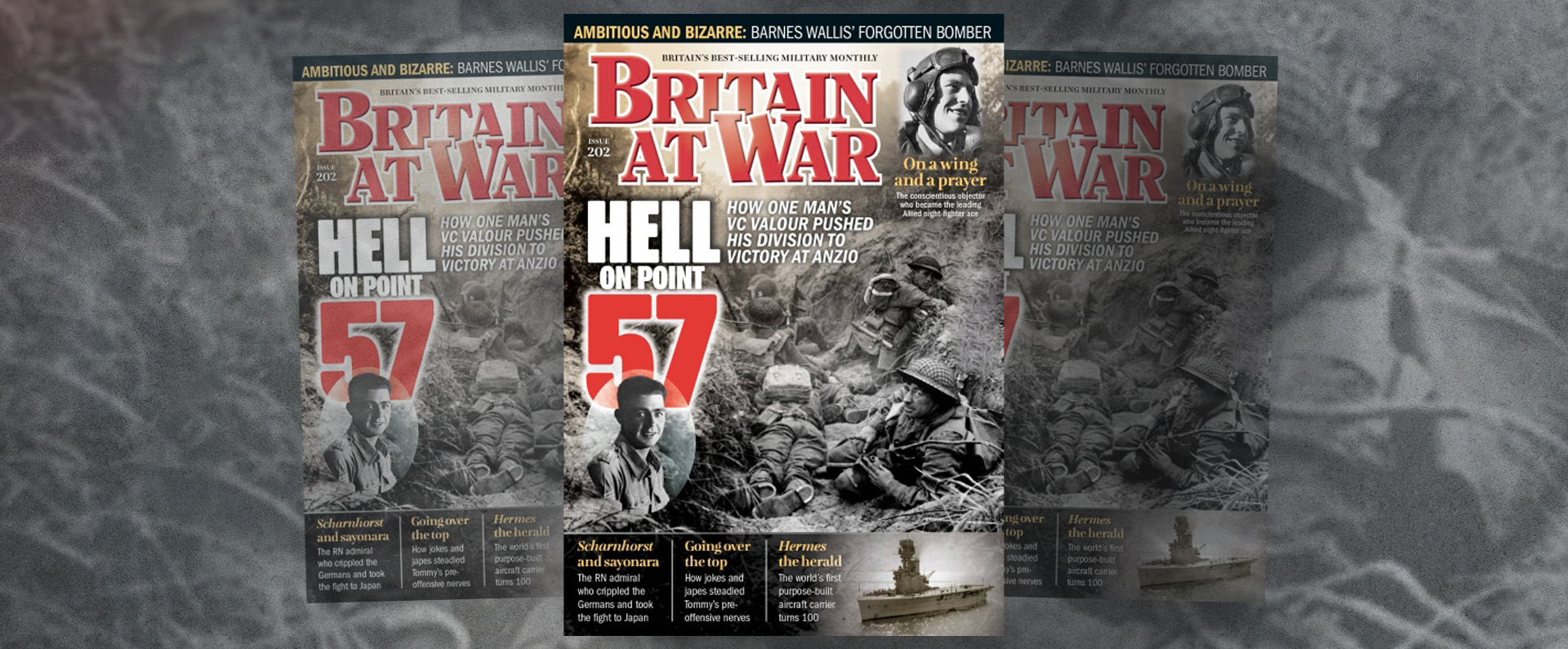
If you ask people what comes to mind when they think of someone who has served in the Armed Forces, you will hear a lot of positive words – brave, committed, disciplined, heroic. But many also think it is common for former Service personnel to be physically, mentally or emotionally damaged by their time in the Forces.
It is easy to see where these ideas come from. We have become sadly used to hearing of British casualties in Iraq and Afghanistan, and charities understandably highlight the most difficult cases.
As I make clear in the Veterans’ Transition Review, published today, the idea that Service Leavers as a whole are damaged and need our sympathy is wrong. While some struggle when they leave the Forces and a few have serious problems, the great majority go on to do well. Most find work quickly. Those who have served are, by and large, healthy, capable individuals with a great deal to offer.
Still, for many Service Leavers transition is more of a struggle than it should be, and others find it harder than they should to achieve their potential in the civilian world.
As the Prime Minister’s Special Representative for Veterans’ Transition I have taken an independent look at all aspects of the move from a career in the Armed Forces to civilian life, including training, employment, housing, health and welfare. The Review team has heard from the Services, the MOD and wider government, politicians of different parties, industry, the charitable sector, and to hundreds of Service Leavers and their families.
Overall I think the country makes good provision for those leaving the Forces. Nevertheless, I think there is more we can do.
As things stand, the Service Leavers who are most likely to struggle currently get the least help. Those who serve six years or more are entitled to the full resettlement service provided by the Career Transition Partnership, which includes a personal career consultant and advice on things like CV preparation. Those who serve four years or less get much more basic advice. Yet these Early Service Leavers are most likely to have problems when they leave. Only half of them currently managing to find a job within six months, compared to some 85 per cent of those who receive CTP support. Despite their relatively short service, these individuals have done their bit – often having completed operational tours in places like Afghanistan. I am therefore recommending that all Service Leavers who complete basic training be entitled to the full package of resettlement support currently only available to longer-serving personnel.
For many of the recent Service Leavers we spoke to, the biggest single barrier to their finding work had been lack of experience. Some even found employers doubtful that they would be able to function outside the military. I have therefore proposed the creation of a new work placement scheme, in partnership with industry, to give Service Leavers practical experience of civilian working environments.
A work placement scheme for all Service Leavers will be a major undertaking but I believe it is achievable if industry can be properly engaged. To promote this, I am recommending the creation of a new Employers’ Council, which would become the main point of contact between the MOD and the Services on the one hand and the commercial world on the other. From discussions I have had with business leaders I believe there is an appetite for more to become involved.
More can also be done to encourage preparation by the individual. At the moment, younger and single personnel in particular have no real need to budget, and those living in Service accommodation are shielded from the real cost of civilian housing. This can mean a big shock when they come to leave.
One way of addressing this could be to include on pay statements the likely cost of renting their housing in the civilian sector, along with an estimate of the Council Tax and utility bills they would be paying outside. Another idea could be to pay personnel their salaries in full and requiring them to pay their accommodation and other charges by Direct Debit, rather than the current practice of deducting them at source.
I am also recommending the creation of a Personal Development Plan for all personnel. This would begin at the end of basic training. It would be an online record of the individual’s skills, experience and qualifications, and a plan for achieving career ambitions in the Services and beyond. This would help encourage take-up of the abundant educational opportunities available in the Forces. The Personal Development Plan would include education modules on things like housing and financial management, which would also be available to the families of personnel. Crucially, this would help make transition something that is planned for over several years, rather than a few weeks.
Organisations like the Royal British Legion, Combat Stress and Help for Heroes between them do a remarkable job. However, I think we can do more to ensure that those who need their help can find it more easily. At the moment, personnel approaching the end of their Forces careers are bombarded with information about different charities. One survey quoted in the Review found that Service Leavers were twice as likely to have been given information about charities as to have received advice on housing.
To start with, this is not a very good message to send to those leaving the Forces. Those who are understandably uncertain about their future should be told the world is their oyster, not they may become a charity case.
Yet despite the proliferation of information – or perhaps because of it – those who do need extra help often have trouble finding it. I am therefore recommending that the main Forces charities, together with the Veterans’ Welfare Service, get together to set up a joint 24-hour contact centre, with a single telephone number and web address. These would appear on a new Veteran’s Card, to be given to all personnel on departure. Callers will be referred immediately to the right person, and tracked through a joint case-management system, without having to contact several different organisations to find what they need.
Very occasionally there are tragic cases involving former Service personnel with serious problems. These can involve violence and even loss of life. More often than not, the problem will have had more than one cause, and will rarely be directly or solely attributable to the individual’s Service career. Nevertheless, I am recommending that the MOD consider instituting automatic serious case reviews when such incidents occur, looking at the individual’s history and any medical or psychiatric treatment, to see what lessons, if any, can be learned.
But to return to my initial theme, these incidents are very rare, and must be seen in the right context. The MOD and the Forces should be bolder in tackling myths and misconceptions. Those who have served are no more likely to have mental health problems, or become homeless, or go to prison, or commit suicide, than the rest of the population. Veterans are not victims – they are resourceful individuals whose skills and experiences we should value.
Why does all this matter? First, because we have an obligation to those who have served. But there are other reasons. The more a Service career is associated with good long-term prospects, the more high-quality candidates will want to join. It will help recruitment, retention, the reputation of the Armed Forces and the drive to increase the number of Reservists. It also represents a better return on the investment the public has made in training and developing Service personnel.
I hope my proposals will help ensure a smoother and more successful transition for more of our Service Leavers – and that the country is better prepared to make the most of the extraordinary resource that this group of people represents.
Read full report


